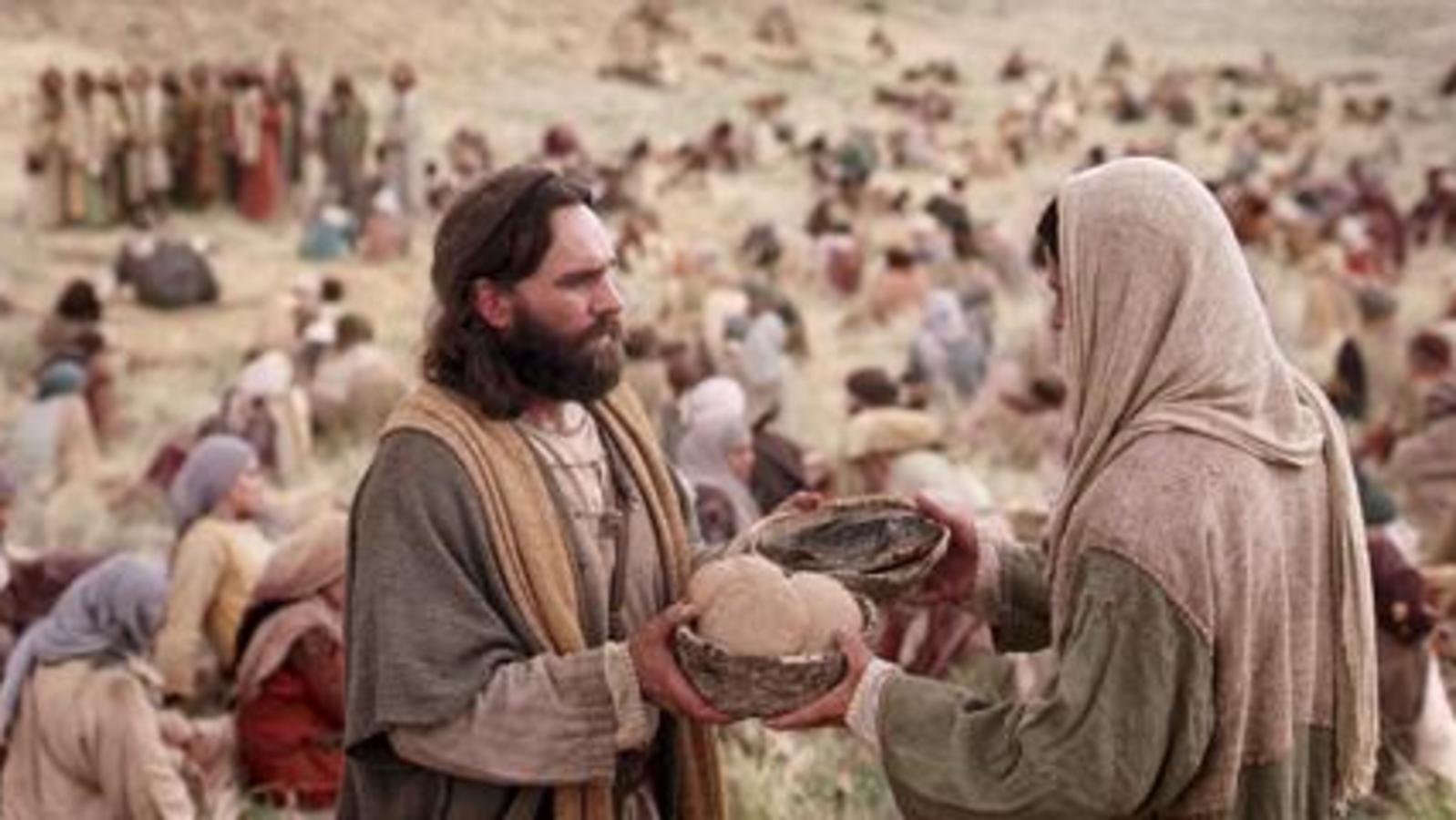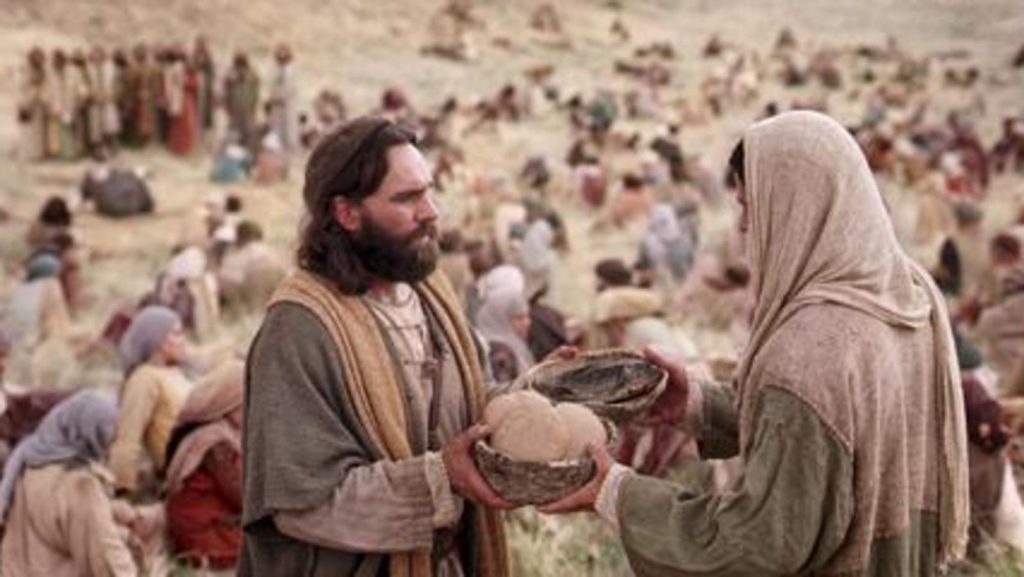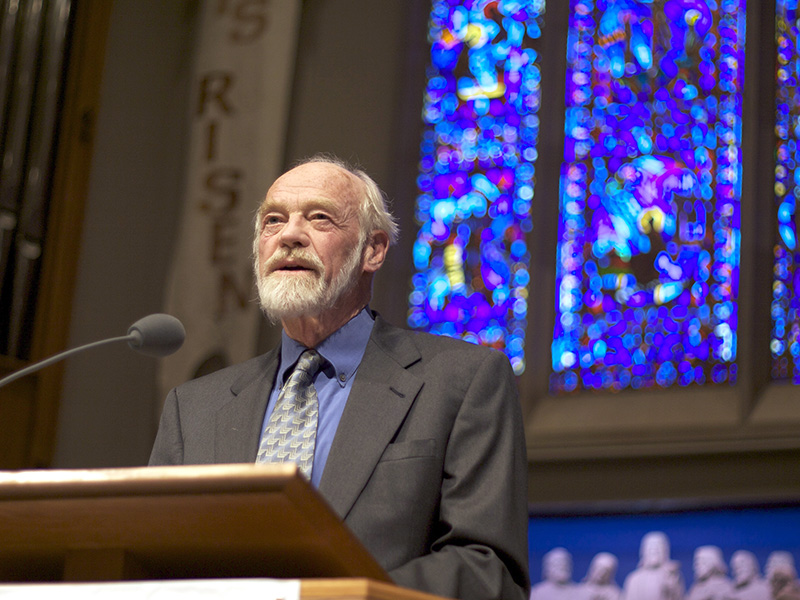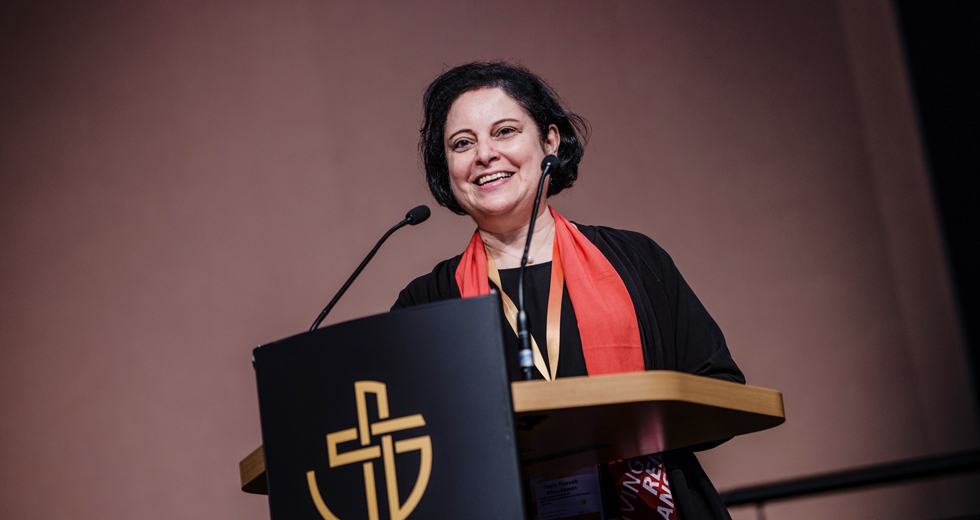
Most every Sunday, as I prepare to preach, we recite the 14 verse of the 19th Psalm;
Let the words of my mouth and the meditation of my heart be acceptable to you, O Lord, my rock, and my redeemer.
But this morning, these words have a very particular meaning for me. I love to preach; in fact, it is what I enjoy most about being a minister and being your pastor. The privilege I have to stand here before you is one that I take seriously and most of the time, spend a great deal of time in preparation. This week was one of the more difficult times to be able to stand here, but stand here I must.
I have preached after such horrific events as the Newtown Shooting and the Shootings at Virginia Tech. Like it or not, preachers are called upon to try and make sense of the events that happen in the world. We, as caring Christians, cannot shut ourselves off from the rest of the world, we have to engage the world, our world, and try and make a difference in that world.
I had no idea, when I chose this passage and title of this sermon, over a month ago, that we would be, once again, embroiled in troubled times. My original plan was to talk about this passage, one of my favorites by the way, as a way to begin to frame the discussions we need to have faith in times of change and uncertainty mostly surrounding the pastoral transition that we are now in. Then events began to unfold, and I decided to switch positions a little and discuss possible nuclear war, the Charlottesville happened, and all bets were off.
Let me state right here right now in as precise a term as I can, I condemn any acts of violence, any acts of racism. I condemn Nazis and those marching through the streets of an American city shouting Nazi slogans and giving the one handed Nazi salute. I condemn those shouting “the Jews will not replace us” and all of the other white supremacist language that was used yesterday on the street of an American city. The images of young, white, American males walking through the streets of an American city, carrying torches and giving the Nazi salute made my blood run cold. I want to make the point very clear, all of these things not only fly in the face of what it means to be an American, but it is also counter to what it means to be a Christian. I do not care what political party you belong to or what candidate you vote for; I hope we can all agree that Nazis and white supremacists have no place in the United States of America! I am publically calling on our President and all of our leaders, church and civic, to denounce these terrorists, Nazis, and White Supremacists. In the words of the Governor of Virginia, there is no place for you in the United States of America!
Today, those young men, and possibly some women, will be sitting in churches praising the same God we worship, after they unleashed vileness and hate on the streets of an American city. They will continue to use Scripture, as some pastors have done this week to support the annihilation of a race of people, to justify their hate and their violence. It is time that they are called what they truly are, terrorists. I am truly sorry if this language offends you but, it has to be called what it is and given a name and that name is hate, and that name is terrorist.
Friday night a group of interfaith clergy gathered at an Episcopal Church in Charlottesville to pray for the city and to pray for what, they all knew, was going to happen on Saturday. I knew many of those people in that church, in fact, I was going to be in that church Friday night. While they were singing and praising God, they began to see a crowd gathering outside the church, carrying torches and shouting threats to the clergy peacefully gathered inside. Secret Service and local police came into the church and told them to stand away from the windows and not to leave the building as their safety could not be guaranteed. This was a frightful situation for those gathered inside in peace to pray to the Prince of Peace, and have a mob of Nazi terrorists, shouting racist slogans at them through the walls of the house of God. Are we in troubled times, yes we are.
So preparing for what I was going to say today took a much different path than the one I had intended. But the message to me was clear, have faith, speak the truth, do what is right, God is with me to calm the troubled storms raging inside of me, and that kept me awake most of the night. As the Psalmist says in Psalm 19; “O Lord, my rock and my redeemer.”
But let us continue to look at this Psalm for these should not be words that we say, but they should be words that we believe and words that we take to heart.
Let the words of my mouth…. I have to own my part of racism and the hatred that we saw on the streets yesterday. Like many of you, I have told a joke or two, I have made comments about people and laughed. I have listened to others do the same and did not speak up. Let the words of my mouth be acceptable in your sight. Are the words we speak acceptable in the sight of God? Sometimes I know mine are not, and that contributes to the hate.
And the meditations of our hearts… Before the words are spoken, before the actions are taken, they have to form in the mind and in the heart. The ancients believed that the heart was the soul, it was the window to what a person was truly feeling. We have all said things that we regret and wish we had not said. In a fit of anger words come out, but those words would not have come out if we were not thinking them or harboring them in our hearts. Sometimes I know my heart is not as pure as it should be, and that contributes to the hate.
I confess that while listening to what was taking place yesterday I was angry and I began to hate those that were perpetrating the violence. Then that subsided, and I started to pray and to feel sorry for the anger that is inside each of those people marching on the street. People created, just like the ones they hate, in the image and likeness of God. Born with a soul that is precious in the eyes of the Lord. And it made me truly sad, no I was depressed, and it hurt, and it still hurts at this moment.
There has always been, and always will be hatred in this world we live in but that does not mean we have to accept it and we have to normalize it. As Christians, we have an obligation to do something about it. But what can we do?
Earlier in the week I was involved in a discussion about prayer and that we needed to pray for the nation and we needed to pray for the leadership not only of our country but all nations. In a time of trouble, we need cool heads at the top to attempt to find a solution but also to reassure us that all will be well.
In the Gospel this morning the apostles were sacred out of their minds. The storm was raging all around them, and then, they got a glimpse of Jesus, and he calmed the water, and he calmed their souls. We are the hands and feet of Jesus in this world, and we need to be the ones walking on the water of hate and despair bringing calmness to people, starting with us.
I am a firm believer in the power of prayer, but our prayer has to move us to action. Prayer is not enough. Jesus prayed, and then he went out and did something, and that is the example he has left for us to follow. We pray, and we do, that is how it is supposed to work.
We can start by denouncing hate and racism in our own lives. We truly cannot control the thoughts and actions of another person, but we can control the thoughts and actions of us. We need to root it out of us in any way we can. We truly need to surrender it to God and work with God and help us, especially in these troubled times.
We can walk away. When we hear someone start with hateful speech about someone or a race of people, or begin to tell a joke that is off color, get up and walk away. You do not have to say anything but if you can say something, do say something and let them know it is unacceptable in your sight and your hearing. Scripture is full of examples of calling out behavior that is unacceptable, and we have to do it. I know judge not…. You are not judging; you are calling it what it is hate. But we have to speak the truth in love because love will win in the end.
Mahatma Gandhi told a crowd of people to “be the change what you wanted to see.” If we want the world to be more loving, we have to be more loving. If we want the word to be less hateful, then we need to be less hateful. It is the ripple effect, and it works.
The Jesuit Priest James Martin said this yesterday on Twitter and let me be clear that I agree with him, “racism is a sin and all Christians, all people of faith, should not only reject it, not only oppose it but fight against it.” And the battle begins right here and right now.
In Paul’s letter to the Galatians, we read; There is no longer Jew or Greek, there is no longer slave or free, there is no longer male and female; for all of you are one in Christ Jesus. (3:28) Let me add to that there is no longer black nor white, Protestant nor Catholic, American nor other countries, democrat nor republican or any other label that we will use to divide for we are all one in Christ Jesus.
Let us pray:
“God and father of all, in your love you made all the nations of the world to be a family, and your Son taught us to love one another. Yet our world is riven apart with prejudice, arrogance, and pride. Help the different races to love and understand one another better. Increase among us sympathy, tolerance, and goodwill, that we may learn to appreciate the gifts that other races bring to us, and to see in all people our brothers and sisters for whom Christ died. Save us from jealously, hatred and fear, and help us to live together as members of one family at home and in the world, sons, and daughters of one Father who live in the liberty of the children of God; through Jesus Christ our Lord. Amen.”
Book of Common Order, Church of Scotland


 The National Council of the Churches of Christ in the USA calls for an immediate cessation of hostile acts and rhetoric between the leaders of North Korea and the United States. Steps must be taken immediately to avoid the possibility of a cataclysmic nuclear war. Increased tension and destabilizing actions and rhetoric by both sides make such a war more likely.
The National Council of the Churches of Christ in the USA calls for an immediate cessation of hostile acts and rhetoric between the leaders of North Korea and the United States. Steps must be taken immediately to avoid the possibility of a cataclysmic nuclear war. Increased tension and destabilizing actions and rhetoric by both sides make such a war more likely.







